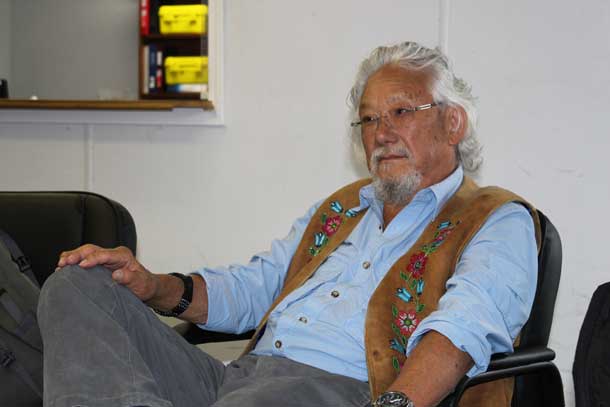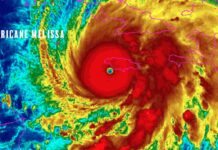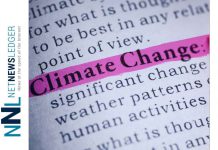
Healthier and safer world possible for communities, children and ecosystems but requires immediate and far-reaching climate action
VANCOUVER — Unchecked climate change will dramatically affect community safety and the future of young people unless far-reaching action is taken, according to a new Intergovernmental Panel on Climate Change report.
The Special Report on Global Warming of 1.5°C shows human-caused climate change is a direct threat to ecosystems, food security, communities and health and that governments, businesses and citizens must act now to reduce and adapt to its negative effects.
“Climate change is more than just an environmental issue,” David Suzuki Foundation science and policy director Ian Bruce said. “It’s an economic, health and public safety issue that will affect everyone — from people in the biggest cities to the smallest towns around the world.”
Scientists are certain that human activity is causing climate change — burning fossil fuels, deforestation and agricultural practices in particular. The report confirms that global warming effects such as droughts, flooding, severe weather events and ocean acidification are already occurring around the world and will get much worse unless we take urgent action.
The report also highlights solutions to the climate crisis, such as global opportunities in the rapidly growing clean energy economy.
“This report proves severe climate change effects and extreme weather are not a matter of chance,” Bruce said. “Our future will be determined by the choices we make now to rapidly shrink carbon pollution and cooperate with world leaders to prioritize energy conservation and clean energy. If we want to prevent the most disastrous effects of climate change, Canadians must do everything we can to ensure that clean, renewable energy becomes a national priority.”
In addition to encouraging renewable energy investments, the Foundation is calling on all levels of government in Canada to take responsible action to help prepare communities for more extreme and unpredictable weather.
“One way we can make our communities safer is by investing in and restoring natural infrastructure, such as natural watersheds, wetlands and coastal marshes that can shield our homes from the risk of more extreme weather and flooding events,” Bruce said.






